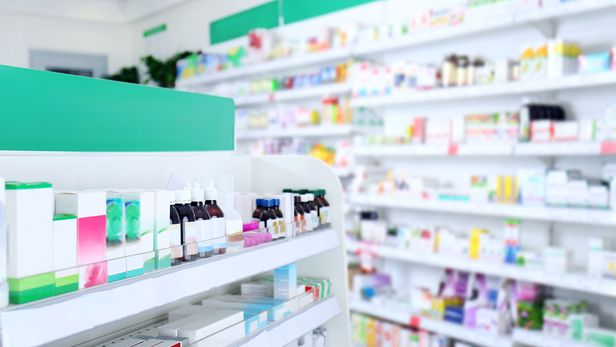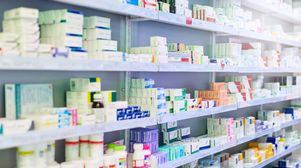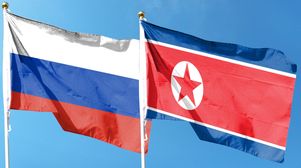Foreword
It is a pleasure to welcome you to the inaugural edition of Pharmaceutical Trademarks – A Global Guide, a publication from the team behind World Trademark Review magazine.Written by experts from leading firms across the globe, the guide is designed to provide a simple, easy-to-use digest of some of the main issues involved in the protection, enforcement and marketing of pharmaceutical brands. It offers the busy practitioner an international comparison of the practice and procedures governing pharmaceutical marks.The pharmaceutical industry is essential to the global economy and is characterized by its dependence on, and commitment to, research and development in a highly regulated environment. The process of putting a drug on the market is a lengthy, costly and highly complex operation. The selection and protection of related brand names is a crucial part of this process and requires detailed knowledge of a wide range of both national and international regulatory requirements. Advertising of pharmaceutical brands is also strictly controlled and the rules in this area often differ between jurisdictions.Once a branded drug is launched and successfully marketed it is open to attack from infringers and counterfeiters seeking to cash in on the reputation of the brand name. The continued rise in counterfeit pharmaceuticals across the globe, which shows no sign of slowing, is perhaps the biggest challenge faced by brand owners and regulatory authorities. The Internet has made this challenge all the more difficult as it presents infringers with various means of evading detection.Pharmaceutical Trademarks 2009 has been put together to provide trademark professionals with a concise guide to the issues outlined above in 19 jurisdictions, including a detailed look at the harmonized procedures affecting all EU member states. Although the chapters in this book offer valuable insight on law and practice governing pharmaceutical trademarks, they do not seek to provide specific legal advice and should not be read as such.We have ensured the quality of the information in Pharmaceutical Trademarks 2009 by inviting only those recognized as experts in trademark law, and the regulation of pharmaceuticals in particular, to contribute. I am grateful to all the authors for their commitment to and participation in this valuable project.
22 February 2009



